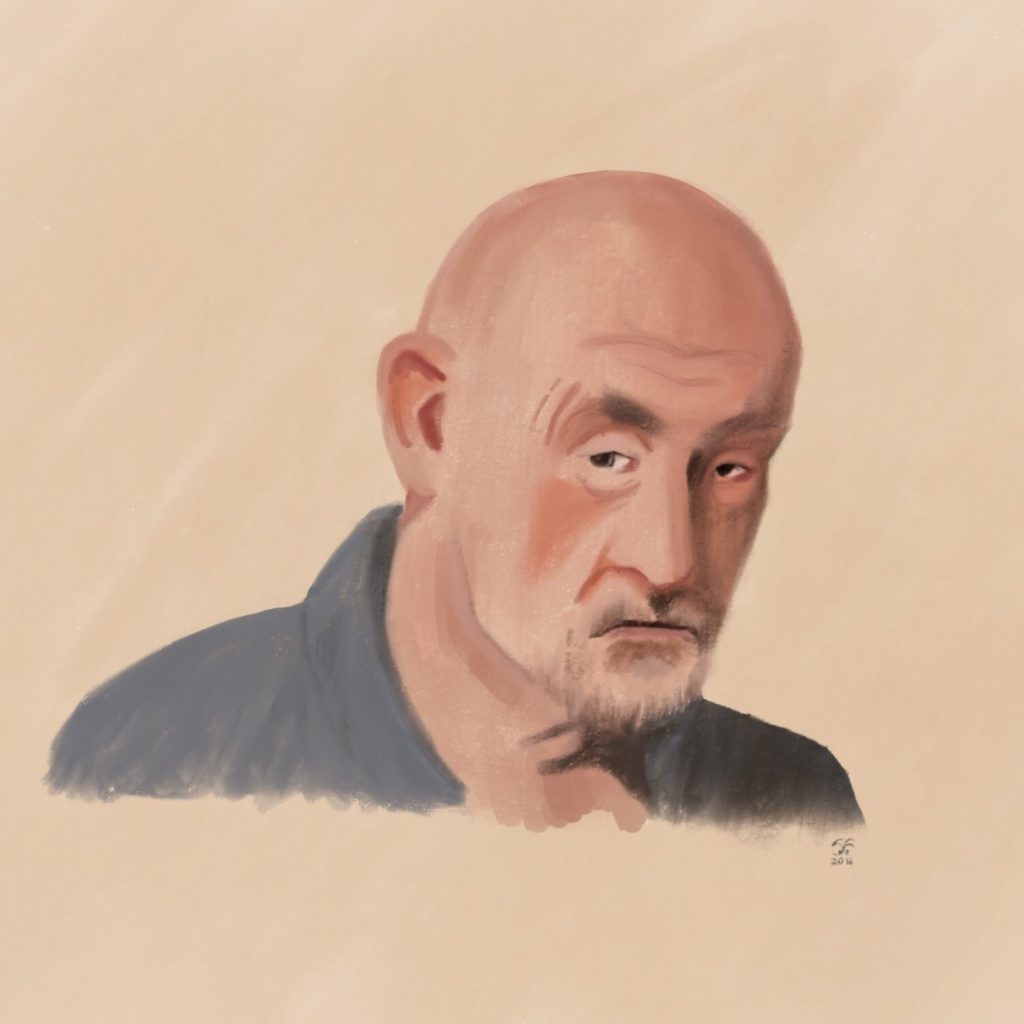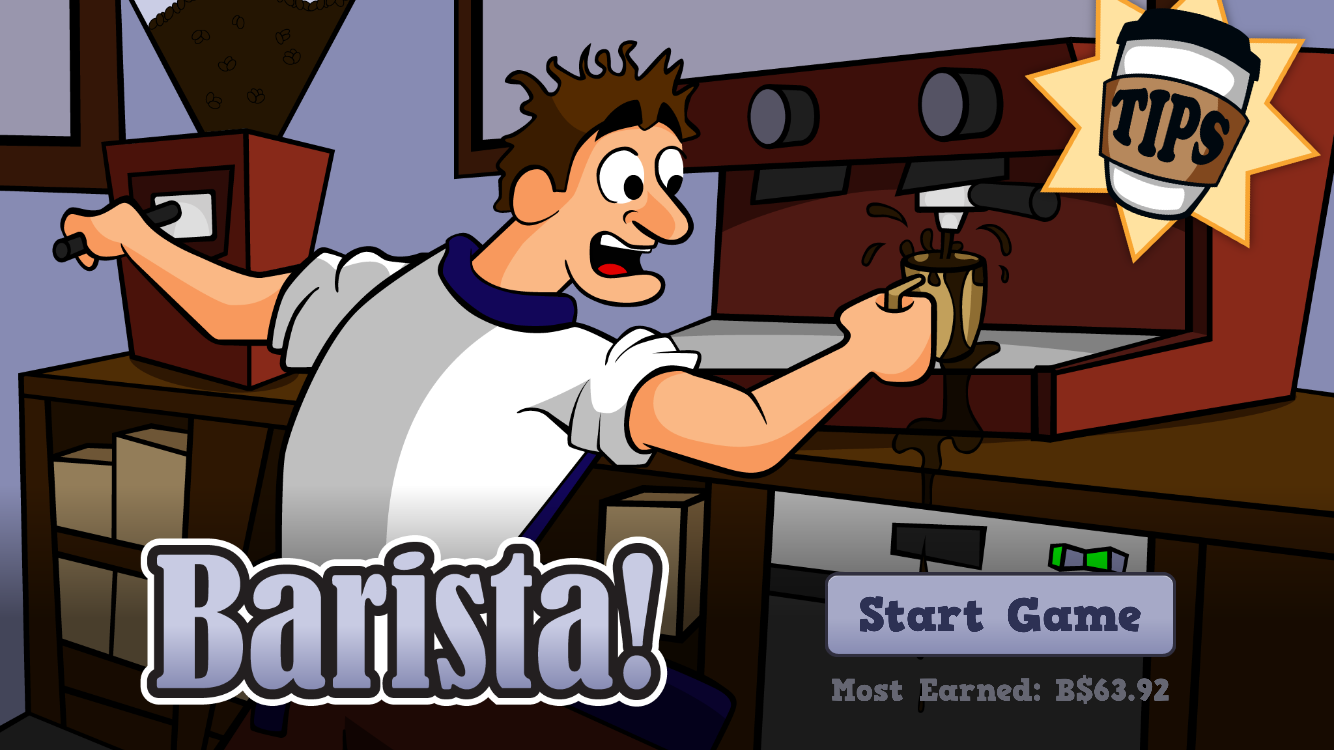Last week I released my new game, Barista! It’s free and available now on the App Store. Today I take a detailed and critical look at what I made and attempt to extract some actionable lessons from the project.
Often, this part of the creative process is subconscious. We get a feeling for the parts that worked and didn’t and take this vague knowledge into the next project without really codifying anything.
Alternatively, we let other people do it for us. Criticism, reviews, likes, shares, and sales are all indicators of how successful we were. These opinions are certainly important and we should listen carefully but we should also consider that they lack a complete understanding.
Only we have the complete knowledge of our intentions. Only we have the full context. If we can distance ourselves emotionally, then we will be best placed to extract the most meaningful lessons. Where others might just see the overall failure, we might be able to see a collection of minor successes within that failure.
Context
I studied music at University. Much of my time there was spent writing original pieces. Solo pieces and pieces for bands. Pieces that only contained chords with fourth intervals. Polyrhythmic pieces.
These were all MacGuffins. The real goal was just to get us writing hours and hours of music. We had three years to get all the bad music we would write out of the way. By the time we left, the distance between our good taste and our abilities had shrunk dramatically.
For music, maybe we have to write 100 bad pieces to start getting to the good stuff. For games, it’s three (according to Jesse Schell). For me, Barista! is number 2. It’s a significant step on this journey but there’s still a long way to go.
Skills
I’m blessed. I find all of the creative pursuits—coding, drawing, writing, and music—involved in making games engrossing. Games is the one medium in which I can indulge all of them in pursuit of a cohesive whole. I recognise that becoming a master of any one of these a lifetime’s work in itself but I hope that my games will one day be bigger than the sum of its parts.
Perhaps I’m wrong, but I guarantee I’ll have fun trying.
I also recognise the weaknesses in my skills and I am working to fix them. I’m confident with coding and sound but my visual arts chops are weak. I’m on course to create 52 new full-colour drawings and illustrations this year and I’ve also just finished a 10-issue webcomic that’s really helped stretch my abilities and keep me focused. You can follow my progress on Instagram.
Here’s one of my recent favourites, Mike Ehrmantraut from Breaking Bad and Better Call Saul:

I knew getting the skills and working through my bad games was going to be a long process, so I made space for it. I have Trail Wallet, and we have a successful blog. Money is tight but it’s enough to give me the freedom to spend as much time on developing these skills as possible. I’m hoping I can produce something of note within the next five years.
Goals and Intentions
Barista! was the result of a challenge to create a game in a hundred hours and, in the end, it took 160.
For any software project, taking only 60% longer is a cause for celebration.
Despite the short time frame, I wanted this game to be as polished as possible. It features a soundtrack, sound effects, particle effects, 20 levels of increasing difficulty, scoring, and a complete introductory tutorial. I count that as a huge success.
I had zero financial goals for this. I put in the option for players to throw in a dollar tip but it’s unobtrusive and not required and I have no expectation that anyone will. That’s fine.
Barista! was inspired by Burger—The Game and Pancake by Philipp Sollenmayar. These took really simple actions and made them into compelling little gems and I wanted to do the same.
This I did not achieve.
I imagined the skilled player would be engaged in a delicate ballet of sliding objects around the screen. The finger would move filter to brew head and mug to tray in smooth, pleasing arcs.
Then, like a professional juggler being thrown a running chainsaw, they would incorporate more complicated drinks with enough of a stumble to feel the challenge but matched with the confidence to know that they could pull it off
In reality the mechanics make the gameplay too stuttery and the timing is all wrong. Adjusting the timings meant that the challenge disappeared. Without the challenge, there is no flow and, without flow, no way to get the feeling I was aiming for.
There are pleasing moments within the game. Successfully delivering a series of espresso-based beverages after a well choreographed array of swiping reaches the feeling I was aiming for. But it’s brief. For the game to really be compelling the player would need to be feeling this for whole levels at a time, not just two or three drinks.
Unfortunately, it’s only in writing this post that I finally articulated the feeling I was aiming for. I underestimated how important it was to explicitly write down the experience I wanted the player to have and to continually reference it throughout the process. This has been the most important lesson.
I am still proud of what I accomplished. Except for the sound effects and some code libraries, everything in this game has been created by me. That’s not nothing.
However, I am able to separate the immense satisfaction of knowing that I pushed myself to the current limits of my abilities from the more objective awareness of where that end product actually sits in the culture at large.
So if I didn’t think the game was all that great, why did I insist on shipping it? Why not keep working at it and make it better?
I’ll get into that in part 2.
